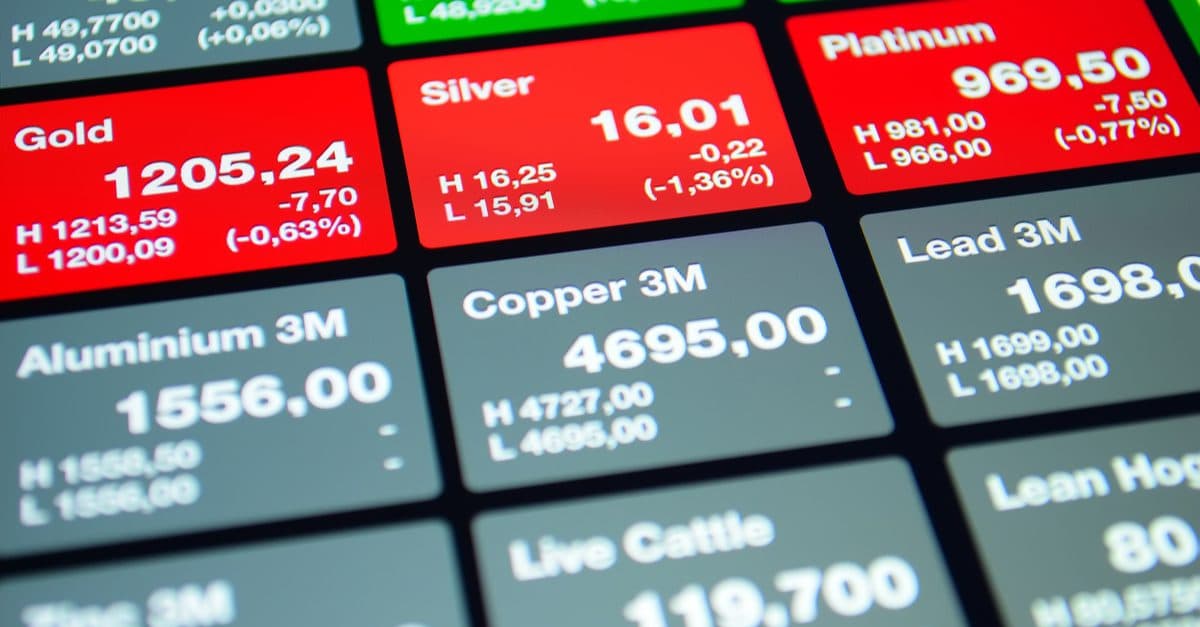Industrial Metals Slump as China Announces Stockpile Release
China is the world’s biggest buyer of various industrial commodities, and it is now using its influence to attempt to stop the sharp rise in global metal prices seen over the past year.

Shutterstock
- China’s National Food and Strategic Reserves Administration said on its website that copper, aluminum and zinc would be released in an attempt to curb prices
- While the stockpile release is playing into industrial medal price fluctuations, the pandemic and resulting supply chain issues are also a factor
Industrial metals slipped following China’s announcement that it will begin selling industrial metals from state stockpiles.
Copper prices fell to a seven-week low Tuesday as concerns that China may release stockpiles increased. On Wednesday, China confirmed the speculation when it announced plans to release industrial metals from national reserves.
China’s National Food and Strategic Reserves Administration said on its website that copper, aluminum and zinc would be released in an attempt to curb prices. The industrial metals will be released in batches to nonferrous processing and manufacturing firms “in the near future” through public auction, the agency said.
China is the world’s biggest buyer of various industrial commodities, and it is now using its influence to attempt to stop the sharp rise in global metal prices seen over the past year. For example, copper surged 67% in the last 12 months.
In recent weeks, analysts have been speculating about the possibility that China might make a move toward a strategic stock release, which has not been done since November 2010.
In a note on Monday, Citibank predicted that China’s stockpile release may be part of a broader plan to “crack down on commodity price hikes by managing any material physical shortages.”
Base metals generally fell in the Asian afternoon trading session Wednesday.
While the stockpile release is playing into industrial medal price fluctuations, the pandemic and resulting supply chain issues are also a factor.
“I think the supply chain issue is more about mines and supply chains being shut down due to the pandemic,” said Steve Van Metre, founder of Steve Van Metre Financial. “As employees go back to work, price pressures should diminish as more supply hits and gets to market. I’m sure China does play a factor, but as much as mines being shut down?”
Copper has historically been used to gauge global economic growth. Because of copper’s many uses, including building homes, factories, electronics and transmission, ‘Dr. Copper’ is often seen as a fairly reliable indicator of economic health.
“Copper is saying the global economy is slowing, but we did know that from the foreign manufacturing PMIs,” said Van Metre. “Copper is telling us something we thought was happening.”






